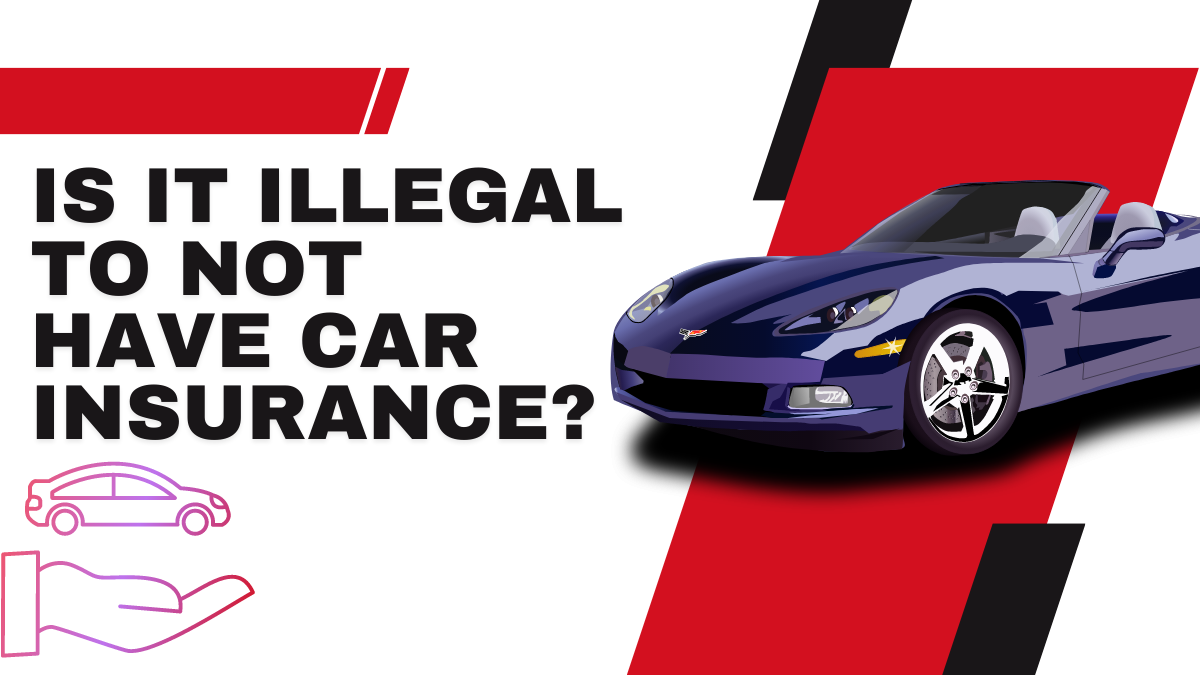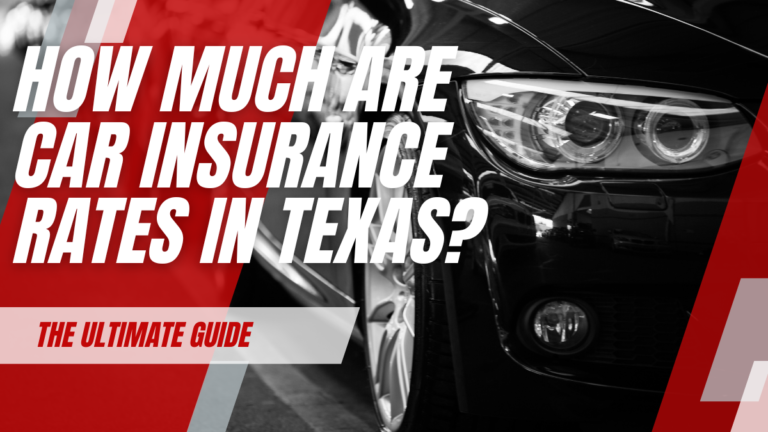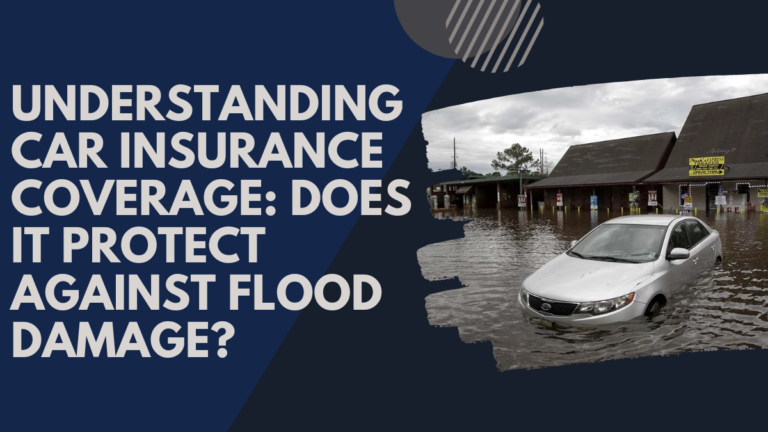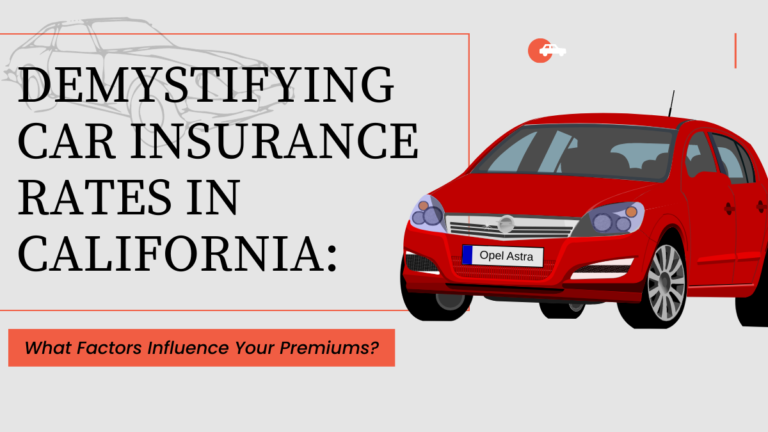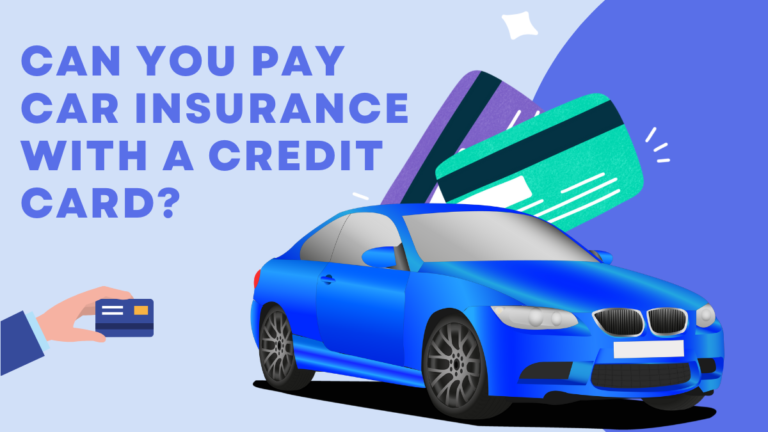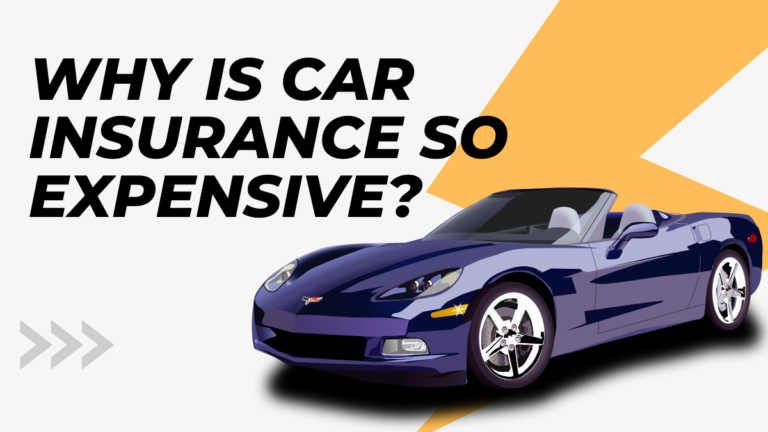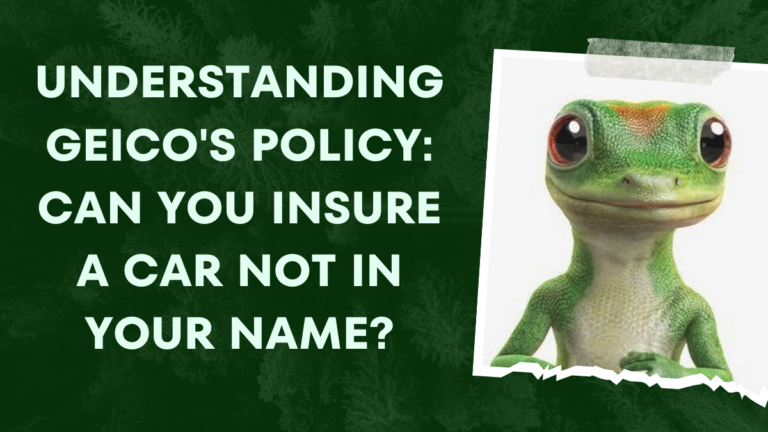Understanding the Legal Implications: Is it Illegal to Not Have Car Insurance?
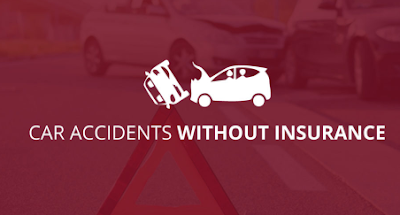
Welcome, fellow drivers and inquisitive minds! Have you ever wondered whether it is illegal to not have car insurance?? Are you sitting behind the wheel with swirling doubts about whether it’s illegal to hit the road without coverage? Buckle up, because today we’re diving deep into a topic that affects every driver out there: understanding the legal implications of not having car insurance.
In this eye-opening blog post, we’ll demystify the confusing web of laws and regulations governing this vital aspect of our daily commute. So fasten your seatbelts as we embark on an enlightening journey that just might change how you view auto insurance forever!
Table of Contents
Introduction
Most people know that it’s illegal to drive without car insurance. However, many drivers are not aware of the legal implications of driving without car insurance. If you are caught driving without car insurance, you could face serious penalties, including a fine, license suspension, and even jail time.

In some states, driving without car insurance is considered a misdemeanor offense. In others, it is considered a felony. If you are caught driving without insurance in a state where it is considered a misdemeanor offense, you will likely face a fine and/or license suspension. If you are caught driving without insurance in a state where it is considered a felony offense, you could face up to 5 years in prison and/or a fine of up to $5,000.
In addition to the potential legal penalties, driving without car insurance can also have financial implications. If you are involved in an accident while uninsured, you may be held responsible for any damages caused. This means that you could end up owing thousands of dollars to the other driver or passengers involved in the accident.
So what do you need to do to make sure you’re legally protected? Make sure you have adequate car insurance coverage before getting behind the wheel.
Legal Requirements for Car Insurance Laws by State
States typically require drivers to have some form of car insurance. The legal requirements for car insurance laws vary by state, but all states require drivers to have some form of financial responsibility in case they cause an accident.
The most common type of car insurance is liability insurance, which covers damages that the policyholder causes to other people or property in an accident. Most states require drivers to carry a minimum amount of liability insurance, and some states require drivers to carry additional coverage, such as collision or comprehensive insurance.
Some states also have financial responsibility laws that require drivers to prove that they have the means to pay for damages they cause in an accident, regardless of whether they have car insurance. In these states, drivers may be required to post a bond or maintain a certain amount of cash on hand.
Drivers who do not comply with their state’s car insurance requirements may face a variety of penalties, including fines, loss of their driver’s license, and even jail time.
Penalties and Fines or Is It Illegal to Not Have Car Insurance
If you are caught driving without insurance, you will be subject to a fine. The amount of the fine will vary from state to state, but it is typically a few hundred dollars. You may also have your driver’s license suspended for a period of time. In some states, driving without insurance is considered a felony offense. If you are convicted of a felony, you could face up to five years in prison and a fine of up to $5,000.
In addition to these potential consequences, you may be held liable for any damages caused from an accident if you are found to have been driving without insurance. This means that you could be sued and forced to pay for medical expenses, lost wages, property damage and other costs associated with the accident. If the court finds that your negligence was the cause of the accident, you could also face a lawsuit for damages caused by your negligence.
Other Costs of Not Having Car Insurance
If you get into an accident and don’t have insurance, the other driver’s insurer may sue you to recover damages. If they are successful, you may be ordered to pay the other driver’s medical bills, repair bills, and any other costs incurred as a result of the accident. You may also be required to pay punitive damages, which are designed to punish drivers who cause accidents without insurance. In some states, driving without insurance is a crime punishable by fines or jail time.
Not having car insurance can also have serious consequences if your vehicle is stolen. Your losses may not be covered by the other driver’s insurer or yours, leaving you responsible for any costs associated with replacing the vehicle or items taken from it. Additionally, if you’re involved in a hit and run accident, and your vehicle isn’t insured, the other driver may not have access to your insurance information. This can complicate matters as both parties try to determine who is responsible for damages.
Finally, if you do find yourself in an accident without car insurance, you will likely face higher insurance premiums in the future due to a potentially bad driving record.
Alternatives to Traditional Car Insurance
There are a few alternatives to traditional car insurance. One is usage-based insurance, which charges customers based on how much they drive. Another option is personal injury protection (PIP) insurance, which covers medical expenses and lost wages for the policyholder and passengers in the event of an accident, regardless of who is at fault.
There are pay-as-you-go plans that allow customers to track their driving habits and pay for only the miles they drive.
Finally, there is non-owner car insurance which provides liability coverage for those who don’t own their own vehicle. This can be beneficial for people who rent or borrow cars regularly but don’t necessarily need a full policy.
Pros and Cons of forgoing Traditional Auto Insurance Coverage
There are a few pros and cons of forgoing traditional auto insurance coverage to be aware of before making a decision.
Pros
- You may save money on your monthly premiums if you have a good driving record and live in a state with low minimum coverage requirements
- You will have more flexibility when it comes to choosing your coverage levels and deductibles
- If you are a safe driver, you may feel comfortable self-insuring in case of an accident

Cons
- You could be sued for damages if you cause an accident and don’t have adequate coverage
- Your vehicle could be repossessed if you can’t pay for damages caused by an accident
- You may have difficulty finding auto insurance in the future if you have a lapse in coverage
Conclusion
No matter the state, it is always illegal to not have car insurance. Not only does it put yourself in a financial risk but also puts other drivers on the road at risk of bearing the costs of any accident you might be involved in. Furthermore, states enforce licensing and registration laws that require individuals to prove they have liability coverage before registering or renewing their license plates. Therefore, research your local auto insurance requirements today to ensure you comply with its legal implications!
